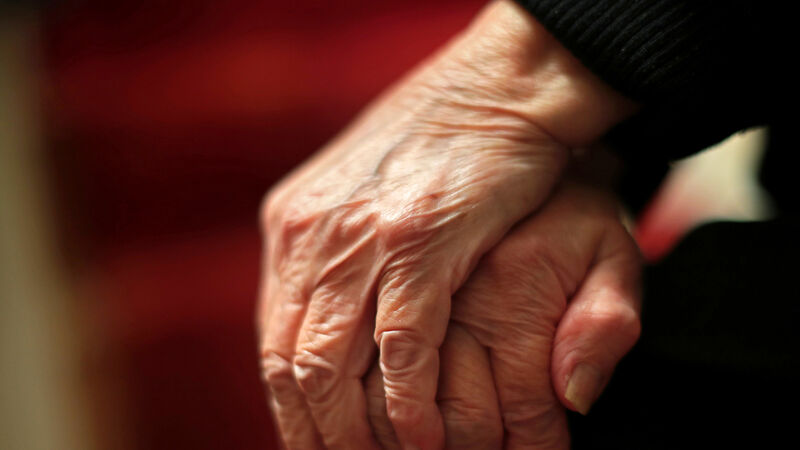Hiqa: Over 70s at greater risk from Covid-19 but other at-risk groups must be wary

On examining a range of international studies, the authority found that the strongest evidence available suggested that people over 70 were at greater risk of severe illness from the virus.
There is strong evidence internationally that people over 70 are at greater risk from Covid-19, according to a review by the Health Information and Quality Authority (Hiqa), which said a precautionary approach is required for other at-risk groups.
Following a request from the National Public Health Emergency Team, Hiqa has carried out a review of who is considered to be “extremely medically vulnerable” to Covid-19 and at greater risk of severe illness.













